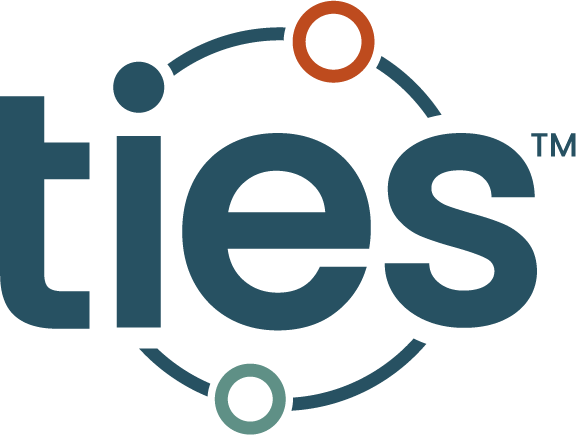
Newark Public Charter Elementary School Teacher Believes and Lives that STEM is for all
By Allison Shardell, PhD, BCSE, SMHS.
When you think of scientists, engineers, and those in other STEM careers, what picture do you get in your head? Did you picture a Deaf astronaut? An Autistic animal scientist? An engineer with a learning disability? At Par Excellence STEM Academy, we are trying to change the perception of what a scientist or engineer is. We truly believe STEM is for all, and live that belief each day.
Our school’s journey into STEM started with the self-contained special education classroom, primarily serving 1st through 6th grade students with significant intellectual, behavioral, or social-emotional disabilities.
As the intervention specialist at Par, I developed a model for my classroom where all of my students, who often cover a four year age-span, could access 21st century skills that were critical for working in future careers.
I quickly realized that my students were often left out of traditional STEM programs, which would put them at a significant disadvantage once they graduated high school. Cross-curricular project-based learning that integrates a universal design approach allowed all students to access grade-level content.
Surprisingly, I noticed that student engagement skyrocketed while difficult behaviors sharply decreased when students were provided the opportunity to explore content-related problems that were meaningful and relevant to them and create authentic solutions to those problems.
These students often came from home and educational situations that left them with little opportunity to have a voice, so they responded well to having voice and choice that are essential in project-based learning.
When observers enter my classroom, they rarely realize they are in a special education classroom. Instead, what they see is student-driven learning, collaboration between students of different ages and backgrounds, and often squeals of excitement when the students have discovered a solution to a problem they had been working on for weeks.
The students are excited to share what they learned and you can hear the passion in their voices when they do. The students themselves don’t always know that their special education testing paperwork might show deficits in social skills, academic skills, or emotional regulation skills.
Instead, they are confident that they CAN do it because they have the tools and scaffolding necessary to thrive, while also having the autonomy and independence to explore real-world problems that are meaningful to them.
One lesson that they learn especially well through their project-based STEM learning is that failure is part of the process. It isn’t something to fear or be ashamed of. Too often, these students come from environments where failure might have resulted in unwanted consequences, embarrassment, or behavior escalation. In this classroom, they know that mistakes are how we learn and improve.
This past year, my students have explored sustainable solutions to environmental conservation, answered the question of how they can make a difference in the community by making blankets for students in foster care, and pondered the question of “who tells the stories in history.”
Because of the success I’ve seen in my classroom, I have a mission to make inclusive STEM education the model for STEM education, both in my school and in the state of Ohio.
I am now assisting Par in creating a program, based on my classroom model, where students from economically-disadvantaged communities or those who have faced other significant hardships have access to a high quality STEM education that can potentially change their life’s trajectory, giving them an advantage and opportunity to access the skills necessary to become scientists, engineers, and mathematicians.
Allison Shardell is board certified in special education and student mental health, and is the coordinator of the student services and STEM departments at Par Excellence STEM Academy in Newark, Ohio. In 2023, she was named SST Region 11’s recipient of the Franklin B. Walter Outstanding Educator Award. She is also the mother of four children: two Autistic children, one Deaf child, and one child with dyslexia. She is passionate about ensuring that all students have access to a high quality STEM education.
Tips from Dr. Allison Shardell about how to make STEM more accessible
- A high-quality STEM education is essential for all students to prepare them for 21st century careers.
- Always presume competence. Every child can be a scientist, mathematician, artist or engineer!
- Be flexible in your delivery – focus on student voice and choice.
- Scaffold and provide accommodations and modifications to ensure access, reducing scaffolds when no longer necessary.
- Universal Design for Learning plays an important role in ensuring equitable access.
- Collaborating with intervention specialists, speech therapists, occupational therapists, mental health counselors, and physical therapists is useful for developing accessible lessons.
- Focus on providing learning opportunities that are authentic and meaningful to your students’ lived experiences.
- Rather than focusing on deficits, utilize your students’ strengths and experiences as assets.
